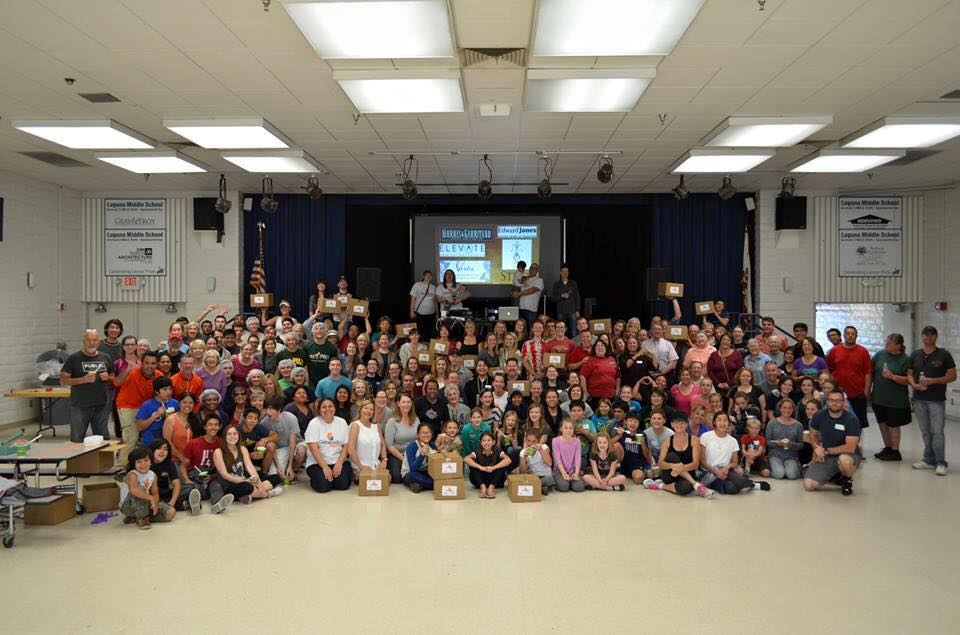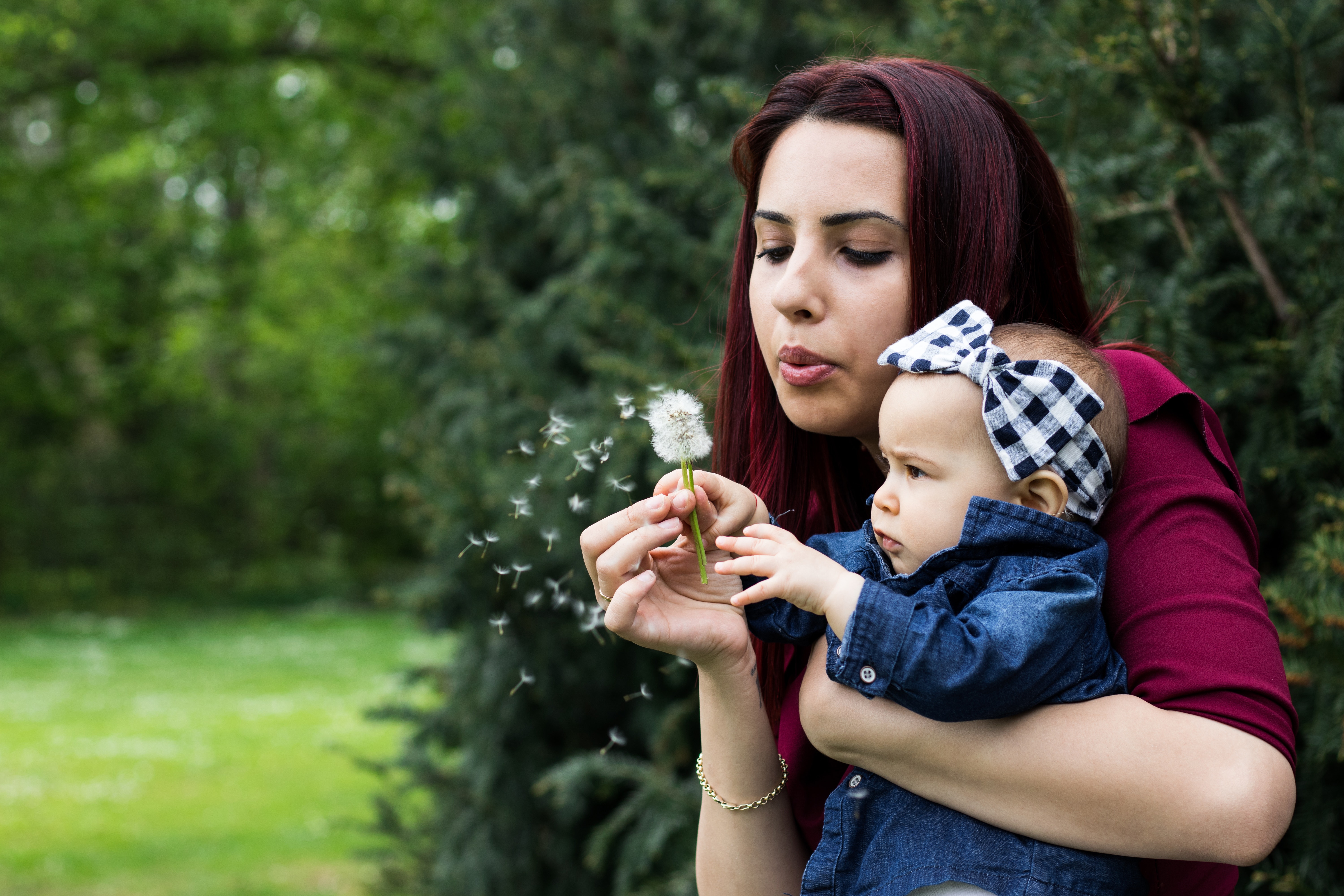Did your parents talk to you about political issues with you while growing up?
Did your parents teach you how to vote at the polls on election day?
Parents that share their political beliefs in the right context can help their children make wise choices and become more involved in their community helping others.
I recall a time during an election year when I asked my Mom who she was going to vote for and she replied: “That’s none of your business”.
My mother never shared her political beliefs with me but she did take me with her on election day how and showed me how to vote. I remember her pushing the little pin in the hole next to her candidate on the ballot and getting a sticker afterward but she never shared with us kids who won, why, and she never became angry over the results.
I didn’t think about it much about politics after that conversation and I would certainly avoid asking my mom that question in the future and I don’t remember my Mom or my uncle sharing their political views at the dinner table or in general conversation.
Politics did not become important to me until I turned 18 years old and I registered to vote. I remember when I filled out the voter registration form and one of the questions asked me to choose my political party. I paused for a moment and checked the Democrat box because my mom was a Democrat. Now I had no understanding of what either party believed and I was not up to speed on the major political issues of that time but I knew that as a newly registered voter I felt it was my responsibility to learn what the candidates of my party believed and to read all the propositions along with the Pros and Cons of each proposition.
I made I sure I did my homework on all the candidates and the issues on the ballot and when it came time for me to vote I can remember standing in the booth and I could hear my mom’s instructions in my mind all over again. After I voted I made sure not to leave without picking up my “I Voted” sticker because I wanted to let everyone know that I had a say now in how our government would be run but to my surprise, 90% of the candidates never fulfilled on their campaign promises. That statistic intrigued me so much I decided to switch things up the next election and research how each candidate voted on an important social issue like abortion, the economy, the creation of new jobs and welfare in between elections and I was surprised to find that many of the candidates I had voted for in previous elections had beliefs and agendas that were contrary to my own beliefs.
Because, my wife and I never were taught much about politics as children growing up we felt it was important to educate our son about important social issues so we always kept an open-door policy when it came to talking about topics like abortion, slavery, welfare, and discrimination with our son and invited him to ask questions. We even found some funny dramas that we watched together as a family which allowed us to discuss the topics and invited our son to ask questions afterward.
Our goal was to teach our son to look at an issue from all angles and see how it affects everyone involved not just one side or the side we believed to be right. We wanted to train our son to not adopt our beliefs because of what we said but to research the issues himself, base his decision on the facts and bring back any questions he would like to discuss with us.
Our son still uses that method today whether he is investigating the synopsis of the latest movie, a political issue in the news or a car he was considering buying and we are so proud of the man he has become.
By teaching our children to think for themselves, giving them the tools to make wise decisions they will grow up and develop their own voice and not be afraid to discuss sensitive issues with their children.
Six ways to help your child become socially responsible and make wise choices in the future.
- Discuss political issues with your children respectfully and without criticism.
- Use your child’s curiosity to facilitate teachable moments.
- Let your child have a voice and listen.
- Encourage your child to listen to both sides of an issue.
- Help your child to focus on what is best for everyone involved.
- Volunteer with your child in your community to help them learn the value of helping others.
Ideas for volunteering with your child in your community
- Visit a nursing home or retirement community. Spending time with older members of your community benefits both your children and the elderly.
- Participate in PAWSwalk. What could be better than spending a day at the park? Spending a day at the park with lots of dogs – while helping the animals at PAWS!
- Participate in a community clean-up day. Neighborhood organizations often host seasonal clean-up days for parks and other public areas.

You can find many other volunteer opportunities here
Please post a comment with your experience growing up and how it affected you and where you are today.

